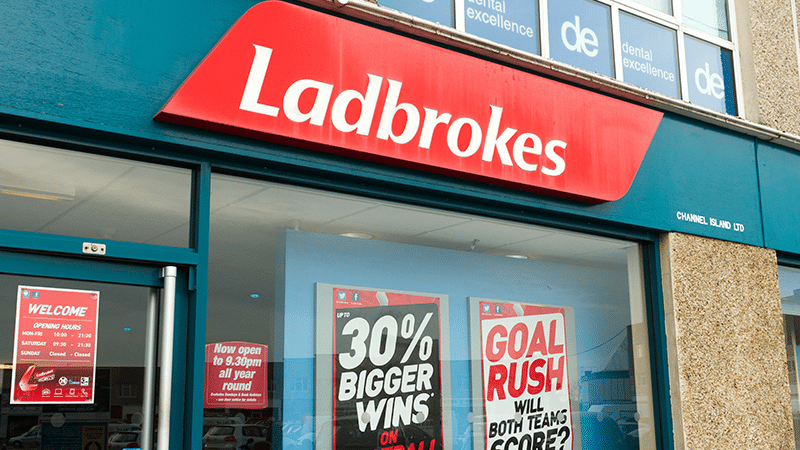Betting shops are like the Samaritans? Pull the other one.

COMMENT
Chancellor Rachel Reeves is expected to reveal in the next budget a sharp increase in taxes on sports betting. Unsurprisingly, betting giants are threatening to close their shops, claiming the tax will force them to make thousands of redundancies. The CEO of BetFred said the change would lead them to close all 1,300 betting shops in the UK. Entain, which owns Ladbrokes and Coral, also says it would close swathes of its 2,300 shops.
These claims have rightly been branded “scaremongering” by some members of the Treasury Select Committee, but a piece in The Sunday Times questioned: “At a time when the high streets are in trouble, should the betting shop be consigned to the past as a tobacco-stained relic, or is it a lifeline for predominantly working-class communities?”
A number of betting shop workers then have the opportunity to sing their employers’ praises, and talk of how vital betting shops are in caring for the lonely and vulnerable in the community. The manager of one told the newspaper: “I could do with Samaritans training sometimes. It’s not just a betting shop. People charge their phone and have a hot drink as they tell me everything about their lives.”
Later, long-time Betfred employee Wendy Richards compared the betting shop to a “community centre”, adding: “The men do open up, they will visit the doctor if we tell them to.”
Staff hand out free hot drinks to gamblers, and some of them even receive birthday cards from their regulars.
Dose of reality
While this is a rosy picture, thankfully, the article does highlight some of the negatives of the shops that plague high streets, particularly those in deprived areas.
Richards did confess she was once held up at gunpoint, while another said: “The men will shout, be rude and occasionally try to damage the machines, but women get emotional, it’s a lot harder to deal with. It’s a sad place for people with multiple addictions. Colleagues had to pick up needles, and sometimes you’d take out the bins and find people sleeping there.”
Such stories are not uncommon. The trade union Affinity surveyed betting shop staff and reported that 90 per cent of respondents “have witnessed violence or threats of violence by customers”. In addition, 75 percent “have personally received or heard threats by customers that they or other staff would be assaulted after leaving work in a betting shop”.
Perhaps even more worryingly, the union reported: “After receiving or witnessing a threat of or act of violence at work, 72% of respondents said that their employers took no action against the perpetrating customers.”
Targeting the poor
Betting shops are not set up with the employees in mind, nor the gambler, only the bottom line. The staff, usually sat behind a desk-to-ceiling plexiglass screen, are only there to help keep gamblers betting. These individuals might be baring their souls to the staff, but it doesn’t take a stretch of the imagination to realise that many of their problems would disappear if they didn’t spend so much time betting.
These shops prey on the vulnerable and the poor. Such establishments are three times as common in the most deprived areas as they are in the least. They might be providing some sense of community, but they are doing it for serious financial gain at the expense of those individuals’ welfare.
Problem gamblers (those who bet beyond their means and chase their losses and get into debt) can experience a number of dreadful side-effects as a result of their gambling. These can include anxiety, poor hygiene, self-harm and suicidal thoughts. Some gamblers turn to crime in order to fund their habits.
While gambling is an activity people choose to engage with, it is wrong, and as with many sinful behaviours, it can come with earthly consequences as well as eternal ones. It can also be highly addictive, meaning once someone has engaged with it, it can be difficult to escape. Betting machines in particular are designed to be addictive, to keep people playing and keep people losing for as long as possible. Far from being ‘Samaritans’, it is no stretch to say that the high street, and indeed society, would be much better rid of betting shops entirely.

By Angus Saul, Head of Communications